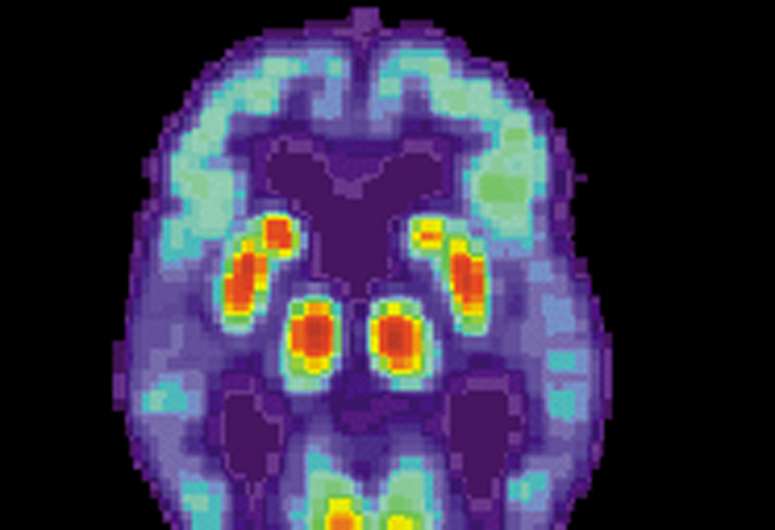
A commonly available oral diuretic pill approved by the U.S. Food and Drug Administration may be a potential candidate for an Alzheimer’s disease treatment for those who are at genetic risk, according to findings published in Nature Aging. The research included analysis showing that those who took bumetanide—a commonly used and potent diuretic—had a significantly lower prevalence of Alzheimer’s disease compared to those not taking the drug. The study, funded by the National Institute on Aging (NIA), part of the National Institutes of Health, advances a precision medicine approach for individuals at greater risk of the disease because of their genetic makeup.
…



























